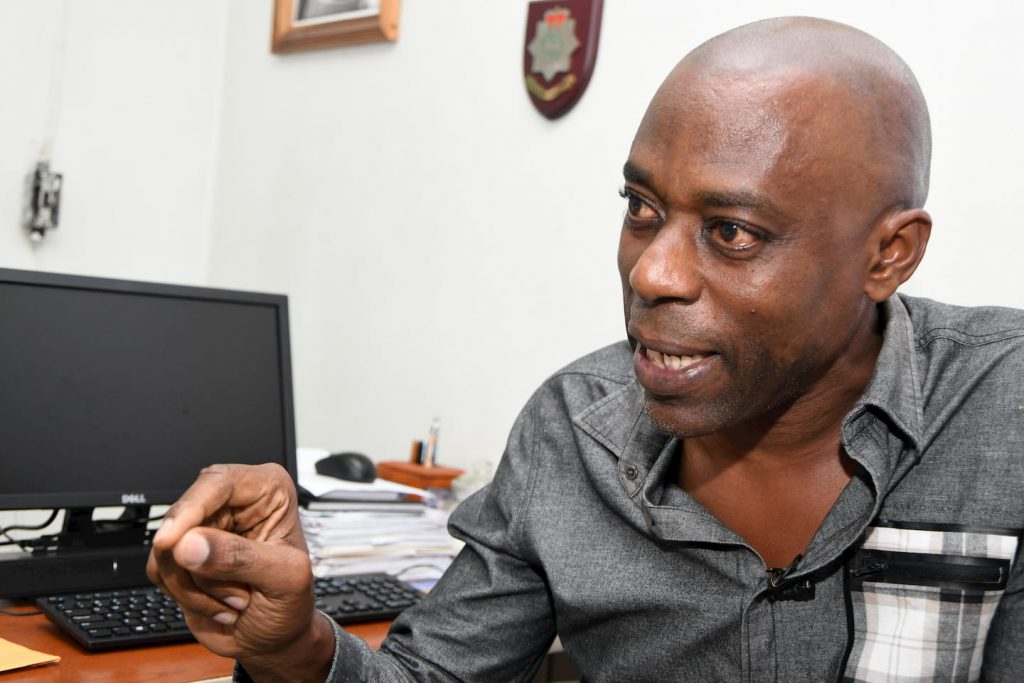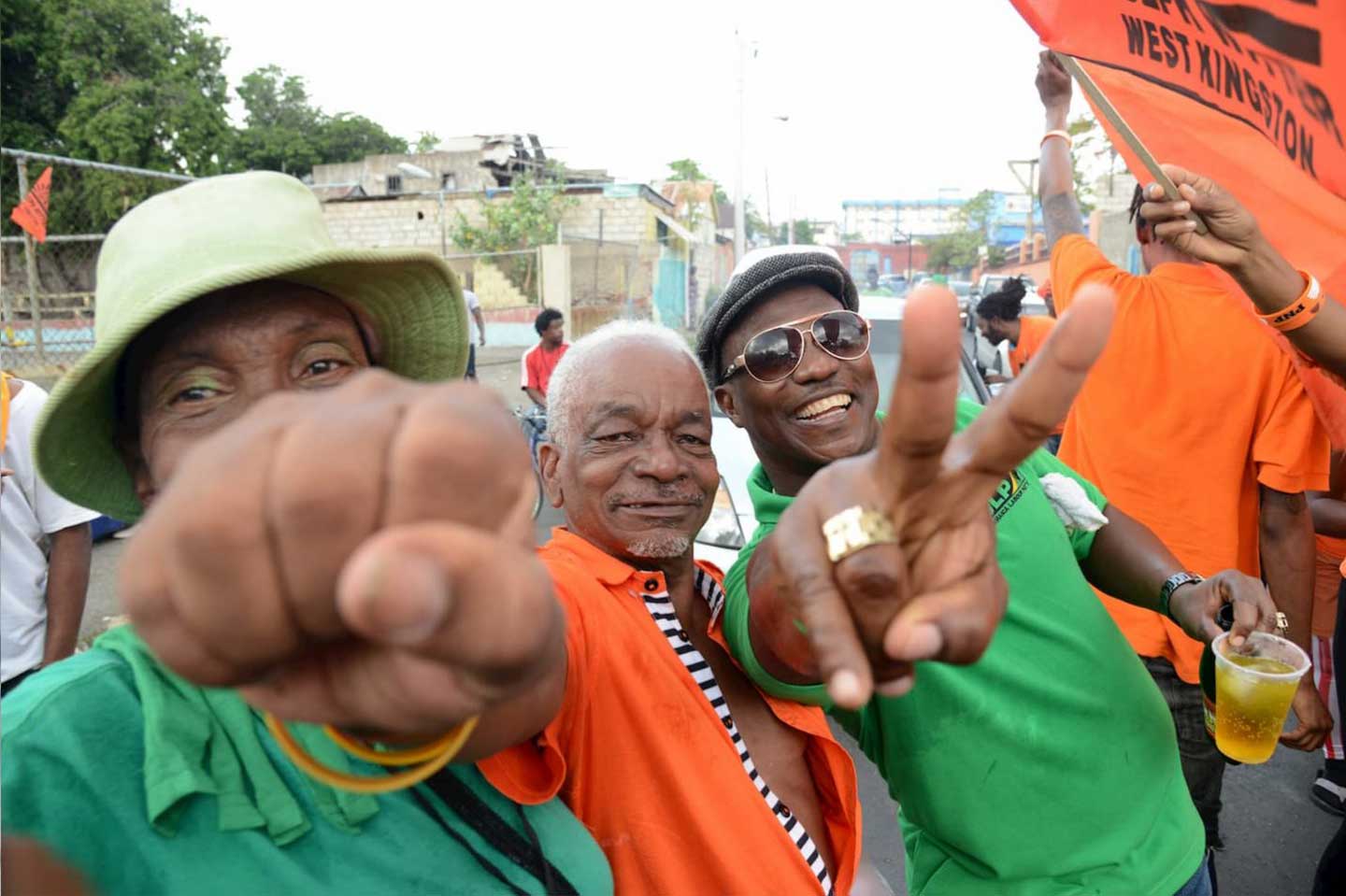When I assess the violence-reduction plans of Caribbean and Latin American states, I am often reminded of the mother who thought I was a medical doctor (rather than having a PhD) and consulted me on the matter of her son having a “thing dangling from de roof of his mout’.” I looked at the boy’s uvula and it seemed healthy to me.
The problem for the mother is that she had never looked in the mouth of her child before. Hence the sight of the boy’s uvula troubled her. You cannot really appreciate if something is wrong if you do not know what it looks like when it is right.
It is on such grounds that I forgive governments somewhat for the mess they have created in the region with their constant focus on suppression. They clearly do not know what a peaceful society looks like or one in which there is justice or a sense of ontological security (sense of a bright future).
They often do the wrong thing and use the popularity of the policy as the mark of success because they do not know better – and also because they are primarily concerned about winning the next election. Only few government officials I have spoken with have expressed a clear idea of violence and how it is reduced.
There are at least 10 basics related to reducing violence in Jamaica. We shall cover the first three in this article.
- The Caribbean is located in the most violent zone in the world. The LAC (Latin America and the Caribbean) constitutes nine per cent of the world’s population, but account for almost 40 per cent of the world’s murders. We have a very violent past (slavery, colonialism, genocide, sport-killing). Our situation is one with comparative figures to a war zone. This implies expertise in ceasefire, redeployment of combatants, and long-term violence reduction. It also implies that reliance on hard-line policing as the mainframe strategy will fail as we are used to oppression and suppression. It is not new or effective.
- We have an unrecognised, undeclared civil war. Doyle and Sambanis (2000, 2006) describe a civil war as armed conflict in which 1,000 or more combatants are killed; the war represents a challenge to the sovereignty of a recognised state; involves the state as one of the principal combatants; and the ‘rebels’ inflict significant casualties on the state. What of small states such as St Kitts, US Virgin Islands and Belize? In order for countries to meet most or all of the criteria outlined for a civil war, they would need to have a homicide rate of at least 30 per 100,000 (Gayle, 2007). Note that Jamaica’s average homicide rate since the year 2000 is above 40 per 100,000. Yet people are trying to use old-fashioned techniques to solve it. In fact, the average homicide rates for Montego Bay and Kingston for young men between 2010 and 2016 have been almost twice higher than for Iraq at full-scale war, which was 205 per 100,000. If you wish to understand something about Jamaica’s violence, you should also understand the basic art of war.
- The region has only one violence-reduction success. All other countries tried hard-line policing and failed. Nicaragua was awash with blood in the 1980s. They started with suppression and the results were horrible. Then they stopped and went ‘left’ and focused on education for boys, empowerment of girls, and community-based policing, tied with the work of violence-interruption groups such as the Peace Management Initiative (PMI).
In El Salvador, Mano Dura (‘Firm Hand’), a term used to describe a set of tough-on-crime policies, failed miserably. These policies were put in place in response to popular calls for the government to do something about the problem of rampant crime. Ironically, two decades ago when New York City abandoned the hard-line police tactic of stop-and-search, conservatives warned that crime would skyrocket. Instead, it fell further and faster than under the suppression. So we know that some suppression can be used – but it must last a short period and be followed up with massive investments in social change programmes.
Since Independence in 1962, Jamaica has had almost 20 decent-looking crime plans – but the focus has been on suppression. Even when PMI and other groups have overachieved, governments have focused their investments on suppression. The trend has been (a) spike in murders, (b) suppression response, (c) forced fall in murders, (d) no redeployment of combatants or primary focus, (e) spike returns – but this time higher! And still, they do not learn.


Rudolph Brown/Photographer
You must ask yourself if suppression tactics have made our lives better. Sadly, before Independence, our homicide rate was only four per 100,000. We are 10 times worse today. We are trapped in a situation called ‘protracted transition’. This means that the transition from being a colony to being independent (for real, not based on what is on paper) has been a disaster.
As we tried to rule ourselves, we brutally divided ourselves into Labourites and Comrades. This means that there is no real pressure on any government in power to do what is right, as half the country will support any government policy – even the cruellest ones.
My research team learnt a bitter lesson in 2011 as we covered the election. Labourites wanted us to focus on the Trafigura scandal, and the Comrades wanted us to focus on Manatt. Only six per cent of Jamaicans wanted to see both – and this is not enough to push a country forward. I guarantee you that if we change this to 60 per cent of Jamaica, we will develop.
We need a majority that will demand real stability from the government – whether it comprises PNP or JLP. This will happen when we focus on education. This is the risk of educating people. They will challenge you to do what is right.
Herbert Gayle, PhD, is an anthropologist of social violence. Email feedback to viewpoints@gleanerjm.com.






